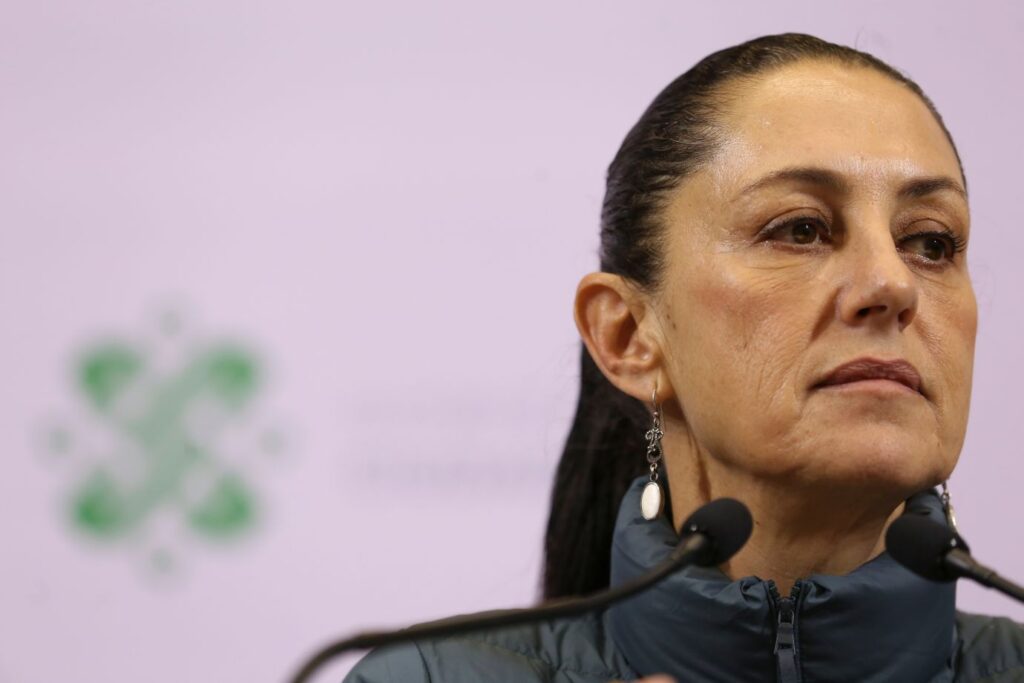When I watched the video of Mexico’s President Claudia Sheinbaum being groped in a public crowd, my stomach churned.
In case you missed it, a drunk man tried to kiss her on the neck, embraced her from behind and placed his hand near her chest. But what was equally uncomfortable to watch was her smile. A forced smile. The smile women use when we are caught off guard and are trying to keep a situation from getting worse. A practiced, protective smile that many of us learnt far too young.
I know that smile. I have worn it many times.
And this is the problem; we have been conditioned to treat harassment as serious only when it is extreme. If it is subtle, uncomfortable, or brushed off as a joke, we are expected to just absorb it and move on.
If something like this can happen to a president, surrounded by cameras and security, what happens to women who do not have that visibility or protection? What happens in the moments that take place away from headlines, in the everyday spaces where we work, travel, stand in queues, or simply move through our day?
In Australia, 89 per cent of women and 64 per cent of men have experienced sexual harassment at some point in their lives. The figures are staggering. They are also familiar.
A few months ago, I spoke at a legal conference in Adelaide about sexual harassment. We talked about culture, accountability, and the importance of workplaces that take early concerns seriously. Afterwards, I skipped the networking and rushed to the airport, hoping to get an earlier flight home to pick up my son from school.
When I reached the airline service desk, two staff members began making comments about me. The kind they likely saw as playful or flattering. Light teasing. Nothing they would ever describe as harassment. The expectation was that I would smile along.
I smiled, but it was the controlled smile women use to mask their discomfort. The smile that says I am aware this could go in a direction I do not want, and I need to keep it contained.
Moments ago, I had been on stage speaking about sexual harassment in workplaces. And there it was again. Not dramatic. Not violent. Not something that would ever make a headline. But unwelcome. And so sadly normalised.
This is the part of harassment that is rarely spoken about. The everyday moments that are dismissed as harmless. The comments that are framed as compliments. The expectation that women will manage their own discomfort quietly, without disrupting the social atmosphere around them.
The emotional toll of that work is continuous. It shapes how we move through public spaces. It shapes how much space we allow ourselves to take up. It shapes the level of alertness we carry, even when we are simply trying to get home to pick up our children.
Most people do not report harassment at this level. Not because nothing happened, but because we have been taught that unless harm is extreme, physical, or undeniable, it does not count. Most people are not looking to file complaints. They simply want the behaviour to stop. They want to feel safe. They want to feel seen.
I have seen this pattern so consistently in my work that I built a trauma-informed anonymous reporting and support platform SafeSpace@elevate. I wanted people to have somewhere to speak up early, before something turns into a formal complaint or a crisis. A place to say, “This didn’t feel right,” and have that be enough. When people can report early, organisations can recognise patterns and act before harm escalates.
President Sheinbaum has pressed charges. The man has been arrested. She did not downplay the incident to avoid being seen as overreacting. She made it clear that the threshold for unacceptable behaviour is not how dramatic it looks from the outside, but whether consent was present.
That is the shift we need.
In workplaces. In public service roles. In airports and queues and everyday interactions.
If something is unwelcome, it is enough to take seriously.
Social norms that will change when that becomes the standard, not the exception.


